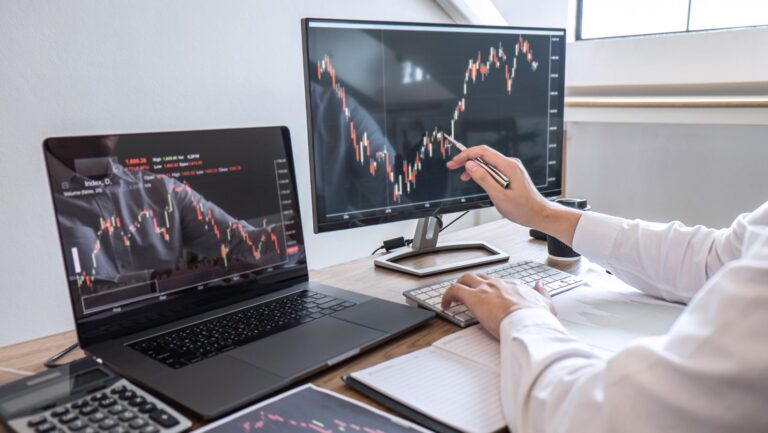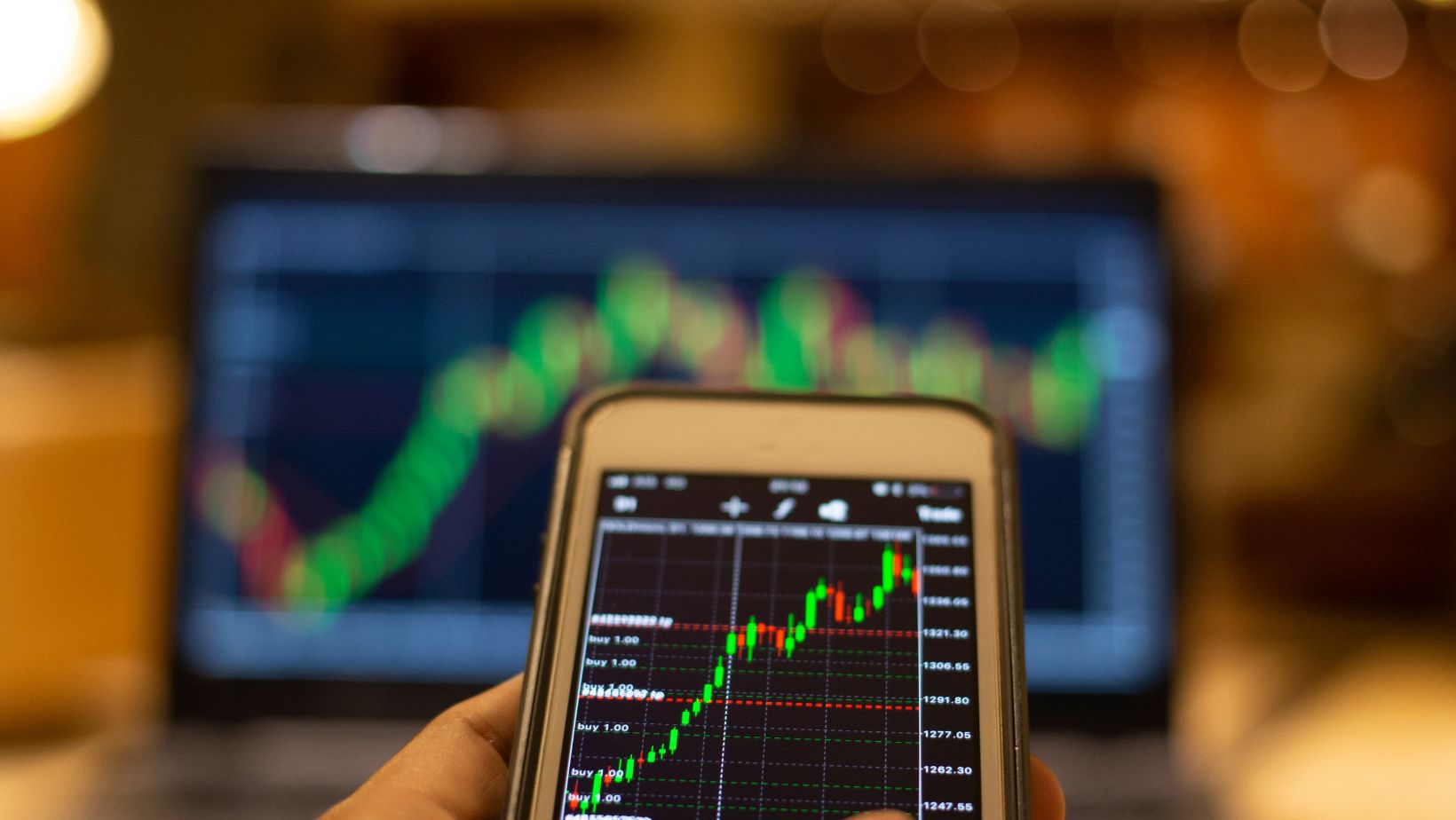Investors today have plenty of options. Shares, bonds, commodities, funds, and even digital assets all compete for space in a balanced portfolio. Among these, forex stands out. It focuses on currency markets that operate around the clock and react quickly to global events.
Choosing the right provider is critical for success in the volatile currency market. Due diligence should involve checking for proper regulation, favorable trading conditions, and competitive fees before committing capital. To assist with this complex process, an in-depth analysis of the leading forex brokers is often the first step for new participants. This ensures traders start off on a secure footing with a reliable and trustworthy partner.
For some investors, forex offers diversification and fresh opportunities. For others, it carries risks that demand careful preparation. Before adding it to your strategy, it helps to understand how the market works and which platforms can be trusted. Independent reviews of the most UK forex broker awards highlight regulated providers that combine security, transparent pricing, and reliable trading conditions, making them a strong starting point for anyone considering this market.
Why Investors Look at Forex
The forex market is the largest financial market in the world. Daily turnover exceeds $7 trillion, making it highly liquid and easy to access. Opportunities appear almost constantly.
Three key features make it attractive:
- Accessibility: Trading runs 24 hours a day, five days a week. This works well for people who want to trade around other commitments.
- Diversity: There are dozens of currency pairs. Global majors such as EUR/USD sit alongside emerging-market pairs, giving investors different levels of risk to choose from.
- Flexibility: Brokers often offer leverage, allowing traders to control larger positions with relatively small amounts of capital.
These factors appeal to active investors who want more than passive holdings in their portfolio.
How Forex Differs from Other Assets
Forex trading differs significantly from buying shares or bonds. A stock gives ownership in a company. A bond represents a loan to a government or corporation. Forex, by contrast, is about speculating on the relative value of one currency against another.
- Short-Term Focus: Many forex trades last hours or days, not months or years.
- Global Sensitivity: Currencies respond quickly to changes in interest rates, inflation data, and political events.
- Volatility: Price movements can be sharp and unexpected.
For long-term investors, this faster pace can be a challenge. Still, forex can complement slower-moving assets and bring another dimension to a portfolio.
Potential Benefits of Adding Forex to a Portfolio
When used with care, forex can bring advantages that traditional assets may not provide.
Diversification
Currencies often move differently from shares or bonds. A portfolio that leans heavily on equities can benefit from currency exposure during periods of market stress. Safe-haven currencies such as the US dollar or the Japanese yen often attract demand in uncertain times, helping to mitigate risk.
Liquidity
The forex market runs continuously throughout the week. Traders can enter or exit positions at almost any moment. This reduces the chance of being stuck in an illiquid asset when conditions turn volatile.
Opportunities Across Market Cycles
Unlike shares, which tend to grow over time, currencies can be traded in both rising and falling markets. Investors may benefit from movements in either direction, as long as they apply sound risk management. For beginners looking to build structure into their approach, understanding the benefits of using free forex signals can give extra guidance when identifying trade opportunities.
The Risks That Come With Forex
Every advantage in forex comes with a cost. Understanding the main risks is essential before adding it to your portfolio.
Leverage Risk
Leverage lets traders control large positions with small deposits. It can increase profits, but it also magnifies losses. Even a small market move in the wrong direction can wipe out capital if risk controls are weak. Using modest leverage and strict stop-loss orders helps limit exposure.
Market Complexity
Currency prices react to many factors. Interest rate changes, inflation data, trade balances, and political events can all move markets within minutes. Predicting these shifts is difficult, and traders often need strong analytical skills to stay ahead.
Psychological Pressure
Because forex runs around the clock, traders may feel the need to watch markets constantly. This can lead to stress and emotional decision-making. Setting clear trading hours and following a structured plan helps reduce pressure.
Counterparty and Platform Risk
Forex is traded through brokers, not on a central exchange. Choosing an unregulated or unreliable broker increases the chance of withdrawal problems or platform failures. Sticking with regulated, well-capitalised providers reduces this risk.
Practical Ways to Approach Forex
If you decide forex has a place in your portfolio, preparation is key. A few simple steps can make the experience more manageable and reduce unnecessary risks.
Start Small
Begin with a demo account or commit only a small share of your capital. This allows you to practise strategies and gain confidence without risking large sums.
Focus on Major Pairs
Stick to liquid markets such as EUR/USD, GBP/USD, or USD/JPY. These pairs have tighter spreads and more predictable behaviour compared with exotic currencies, making them easier for beginners to handle.
Set Clear Rules
Discipline is central to success. Define your entry and exit points before placing a trade. Use stop-loss orders, apply modest leverage, and avoid chasing quick gains. Consistency is more important than speed.
Work With Trusted Brokers
Choose regulated platforms that offer transparent pricing and strong client protection. Reliable brokers provide clear information on fees, account options, and available tools.
Reading trusted reviews and industry awards helps separate reliable providers from weaker ones.
Build Your Skills
Forex is complex, and learning takes time. Understanding how central banks, economic data, and global events influence currencies will improve your decision-making. A structured approach, such as following a step-by-step guide on how to become a forex trader, can give you a clear path to building knowledge and confidence before committing significant capital.
Final Thoughts
Forex trading has a strong appeal. It offers high liquidity, 24-hour access, and the chance to trade in both rising and falling markets. For investors who want diversification and are ready to manage risk, it can be a useful addition.
But forex is also demanding. Leverage, volatility, and global events create constant challenges. Some investors find it balances their portfolios. Others see the risks as too high.
If you want to try forex, begin with small positions. Stick to major pairs and use only regulated brokers. Most importantly, make sure it fits your long-term goals. Success comes from discipline and preparation, not from chasing quick gains.





